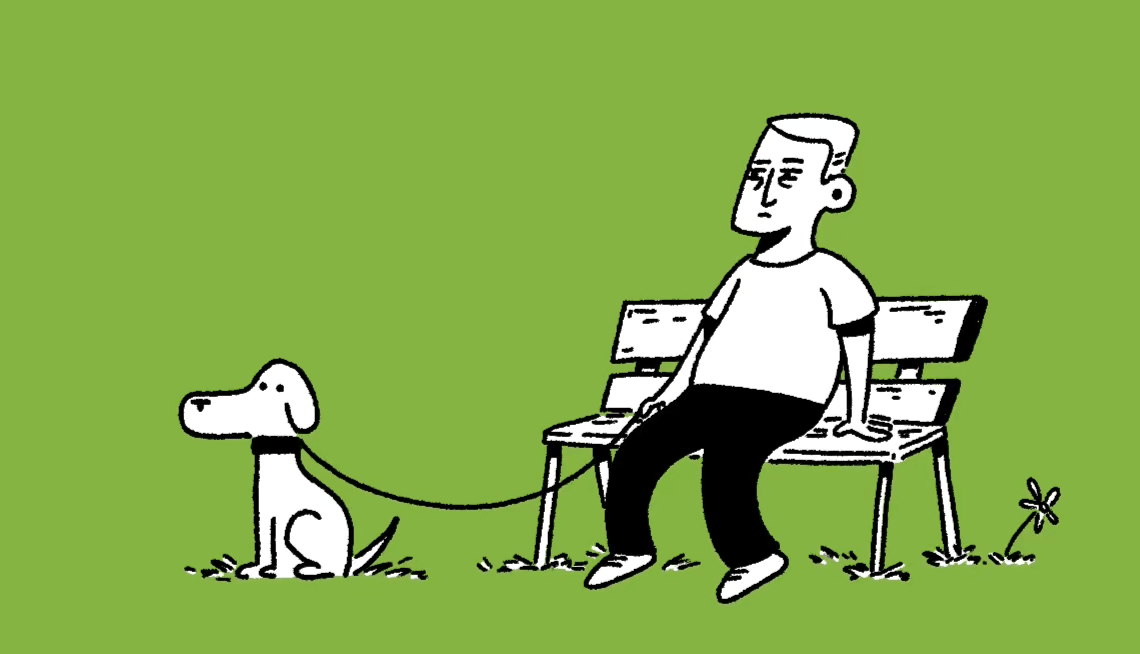AARP Hearing Center


I’m so much more tired than I used to be, and many of my friends say they feel the same way. How can I tell if my low energy is because I’m getting older or if something is really wrong?
I’m asked this every day. It’s a great question.
First, I look at the medical side. I’ll want to check to see if my patients’ thyroid, vitamin B-12 and iron levels are low. I’ll look into their kidney function. There are conditions that can make you feel tired that we can detect with a simple blood test. I’ll want to know if they’ve kept up to date on their cancer screenings like a colonoscopy, mammogram or PSA test for prostate. These are at the top on my list.


Ask Dr. Adam
Adam B. Rosenbluth, M.D., is an internist and cardiologist in New York City. Each Monday, he’ll weigh in on your questions about how to make your body work better for you. His AARP book will be published in 2027. Join in on the conversation on social media @dradamrosenbluth to learn to move the needle on your personal health in an achievable way.
Also, I always recommend that my patients come in with a list of medications, and we can talk about whether any can cause fatigue. Some blood pressure pills, for instance, can make you drowsy. I think most doctors today feel rather strongly that we’d like to stay away from sleep medication when possible. But if you’re taking a sleeping pill, exhaustion could be a matter of overmedication.
Then I back out and look into behaviors. If someone wakes up multiple times a night to urinate, or is up worrying about a specific problem, then their lack of energy isn’t necessarily fatigue; it’s not sleeping well, and there are different ways to treat that.
I also ask about diet. It’s important to choose foods rich in proteins and vegetables and lower in carbohydrates and sugar, which can make you tired. Dehydration, too, can cause fatigue.
Another thing I look at closely is activity. We know exercise raises your energy level and improves mood by releasing endorphins. I look at whether you’re engaged and intellectually challenged. When I hear, “Adam, I’m so tired. I just watch television when I get home,” I’m quick to answer, “That’s not fair to yourself.” Instead, pump up your social and intellectual energy by having coffee with friends, doing a crossword puzzle or reading a book.
I regularly encourage my 90-year-old mom to take walks with me even though she’s had a stroke, uses a walker and is suffering with arthritis. When she gets tired, we’ll rest for a second, and then I say, “Let’s keep going!” Afterwards, she’s proud of herself and feels much better.
I also hear, “Adam, I wake in the morning and feel like a million bucks, but after I do all this stuff, I’m tired by the afternoon.” Sometimes your body craves a short nap. Less than 30 minutes in the afternoon can be extremely healthy. I couldn’t have gotten through medical school without naps.
When it comes to feeling more tired than you used to, don’t let your doctor discount your concern. Feeling tired can be a sign of a serious illness. But the biggest thing that I notice in my older patients is they set expectations for themselves. It’s amazing how often people expect their body to behave like they were 50 when they’re 60 or 70, or like they were 70 when they’re 80 or 90, and they’re not willing to invest in it.
Simply put, if your doctor rules out medical reasons for your fatigue, see if investing in yourself — physically, mentally and emotionally — gives you more pep.





































































You Might Also Like
Help! My Doctor Won’t Listen to Me
Adam Rosenbluth, M.D., gives advice for getting your physician to really pay attention to youTry These Tips for Living a Healthier Life
Small changes can add up to big mental and physical results
AARP Smart Guide to Keeping Your Memory Sharp
22 science-backed ways to growing a healthier, happier brain, now and in the future
Recommended for You